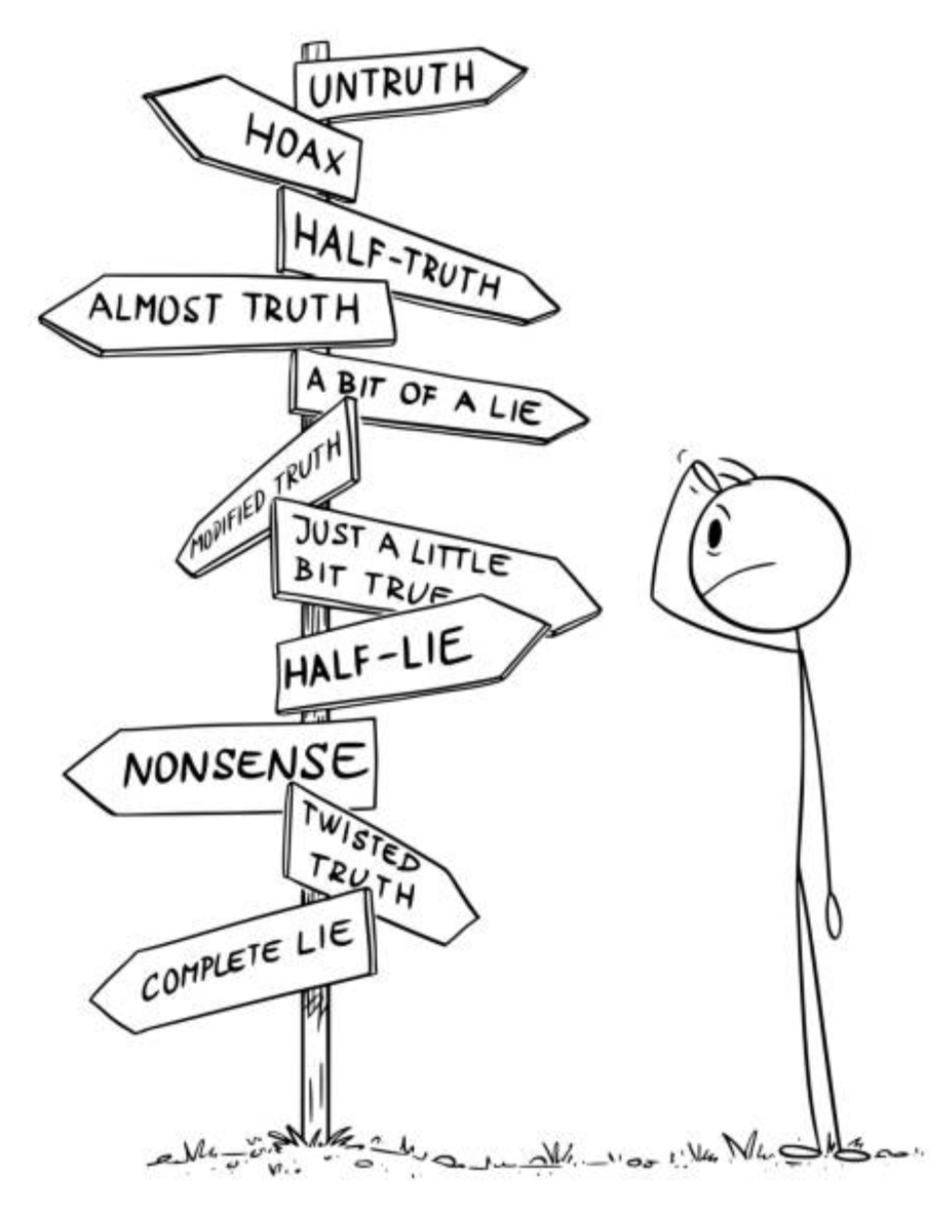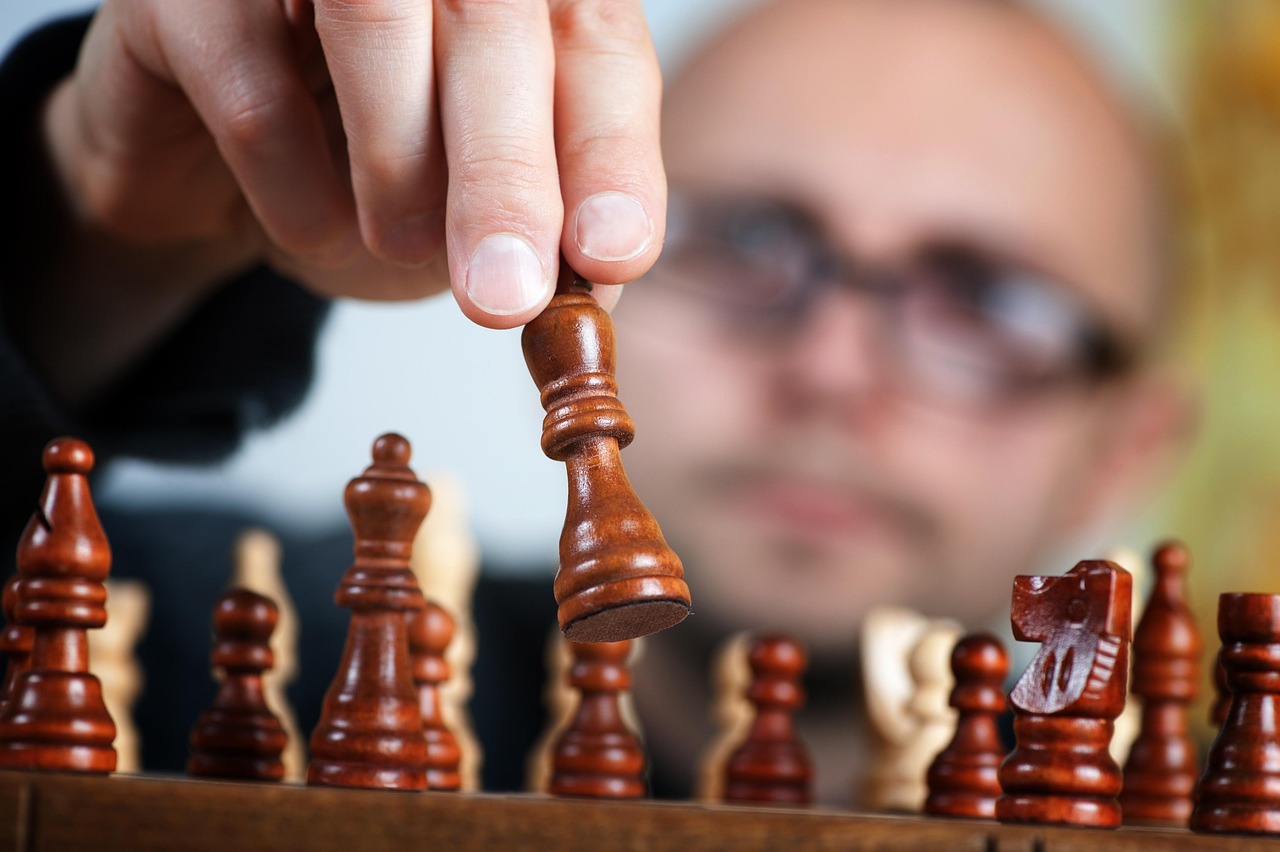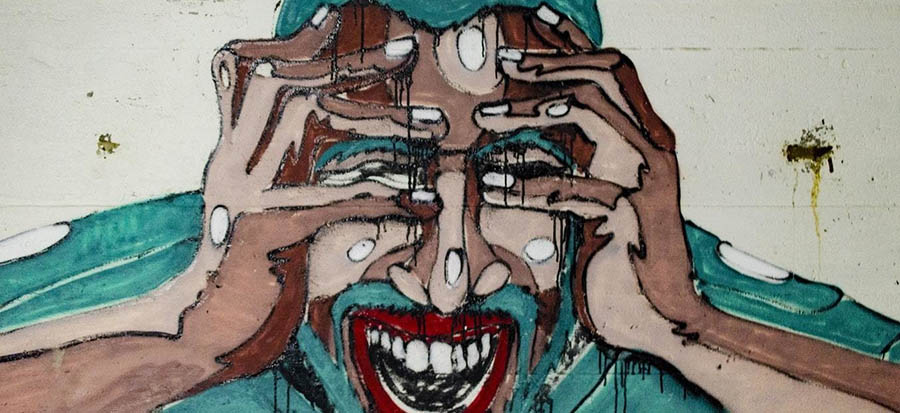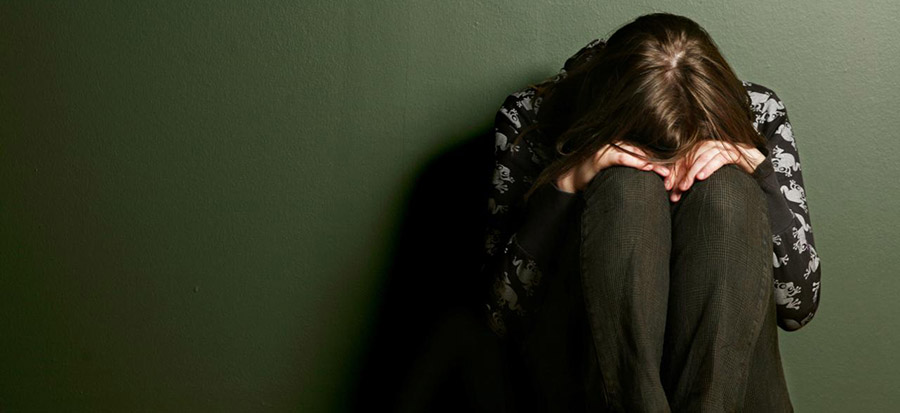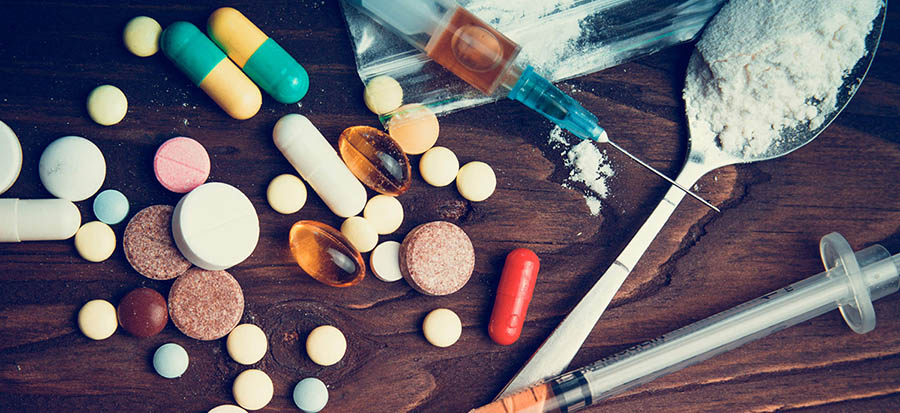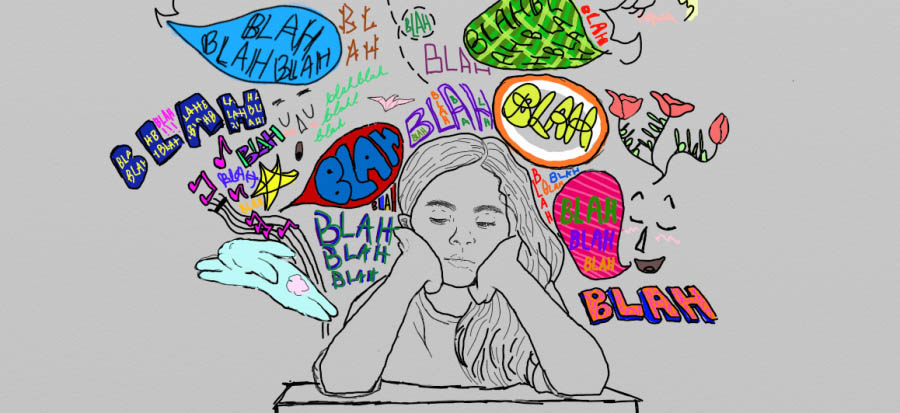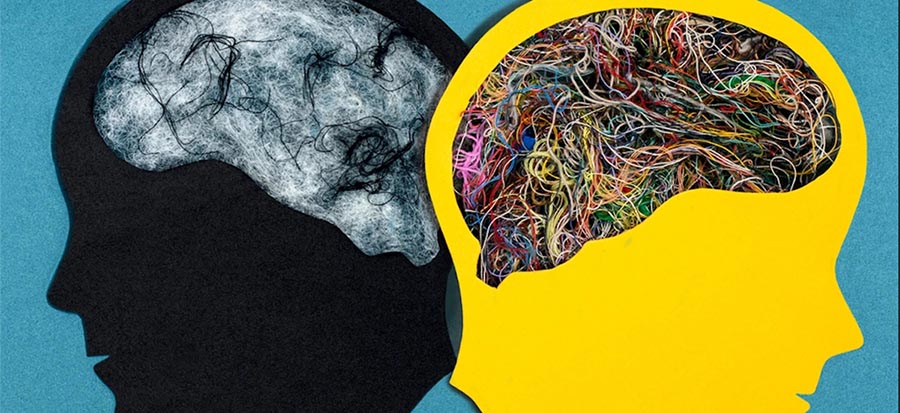Toxic relationships: why people stay
Toxic relationships: why people stay
Toxic relationships are not just associated with physical abuse only. Toxicity unravels itself in many forms of abuse. A toxic relationship is characterized by physical, emotional, mental abuse and a repeated pattern of behaviour such as manipulation, isolation, dishonesty, disrespect and constant criticism .Studies show that an estimate of 6 to 9 out of 10 people have been in toxic relationships , are in toxic relationships or have someone close to them in a similar situation. Toxic relationships exist in friendships, workplace , intimate partners and even within family.
The hidden struggles of chronic liars
When lies become a habit: the hidden struggles of chronic liars
Typically, when someone lies, they say what they know to be false in an attempt to deceive the listener. Lies are divided into categories: the prosocial lies where lies are constructed to benefit or protect others and antisocial lies told to benefit oneself or harm others, it is often motivated by selfishness, manipulation or avoidance of responsibility. Lies usually takes one of the several forms of dishonesty which include half-truth, pertinent omissions, complete deception and exaggerations. Lying is a common thing which people do from time to time - to escape trouble, to make them themselves look a little better or even to avoid hurting one’s feelings. However, some lies goes beyond occasional excuses. Slowly it becomes a way of life, a habit so deep that it begins to define who they are. These people are chronic or pathological liar -these are people who lie even when there’s no reason to.
7 psychological hacks to be more influential in your life
One of the most impactful books on psychology, influence and persuasion science is Robert Cialdini's 'Influence' . And if you even have a passing interest in psychology, chances are you've heard of it. Ask any hotshot marketing guru, salesman or coach for reading recommendations and they'll probably recommend it.
The Most Powerful Tips to Reduce Stress Quickly
From life's little frustrations to the heavy burdens of major upheavals, stress is something that shows up in everyone's life. You might not have control over every situation that throws you off balance, but you can decide how to react. That part is in your hands.
Whether it's an unexpected deadline, a traffic jam, or a more serious life event, stress has a way of creeping into your mind and body.When it lingers or becomes overwhelming, it begins to wear you down emotionally, physically, and mentally. That’s exactly why building a toolkit of dependable stress-relief strategies is essential—not just for survival, but for well-being.
How to Treat Depression Effectively
Depression isn't a one-size-fits-all experience—and neither is its treatment. What works best for one person may not be suitable for another. Your path to healing will depend on a variety of factors, including the severity of your depression, the types of symptoms you’re experiencing, the current circumstances of your life, and even your personality traits and preferences.
What Causes Addiction and How to Treat It Effectively
Addiction is not just a lapse in willpower or a streak of poor decisions—it’s a deeply rooted and multifaceted disease that affects how the brain works. Over the last hundred years, scientific exploration has radically shifted our understanding of addiction. It’s no longer seen as a simple failure of morality or discipline, but as a chronic brain condition that alters neural pathways and distorts decision-making, reward, and behavior.
ADHD Management: Best Treatments for Children and Adults
Managing ADHD effectively begins with finding the right treatment plan—one that considers both the brain-based nature of the disorder and the unique behavioral challenges that come with it. While there isn’t a permanent cure for Attention-Deficit/Hyperactivity Disorder, there are several proven strategies that can significantly reduce its impact on a child’s daily life.
ADHD affects the way the brain processes information and regulates behavior. As such, treatment often combines both medical and non-medical approaches. No single treatment fits every child. That’s why building a tailored, flexible plan is key to managing symptoms in a way that works best for the individual.
Understanding Bipolar Disorder
Bipolar disorder—once widely referred to as manic depression—is a serious mental health condition that causes a person to experience intense emotional states. These episodes range from extreme highs, known as mania or hypomania, to profound lows, typically defined as depressive episodes. These mood shifts are not just the common ups and downs that most people encounter—they are severe enough to interfere with daily functioning, relationships, and overall well-being.
Your Mental Health Guide for the Pandemic
In times of crisis, most of the public messaging tends to focus on physical safety—wash your hands, wear a mask, maintain distance. These things are essential, of course. But what’s often overlooked is that mental health is just as important for surviving difficult times—especially during something as globally disruptive as the coronavirus pandemic. When daily routines vanish, when uncertainty becomes the norm, and when isolation sets in, our psychological well-being can quietly begin to erode.
Complete Guide to the Most Effective OCD Treatments
Obsessive-Compulsive Disorder, more commonly known as OCD, is a complex, enduring mental health condition characterized by intrusive, repetitive thoughts—called obsessions—and compulsive behaviors that a person feels driven to perform. These patterns can become deeply disruptive, making it difficult to function in everyday life.
Whether it’s the compulsion to wash hands repeatedly or the obsessive fear that something bad will happen unless objects are arranged “just right,” the symptoms of OCD can take many forms. What unites them is the overwhelming sense of anxiety and the inability to easily break free from the cycle.

